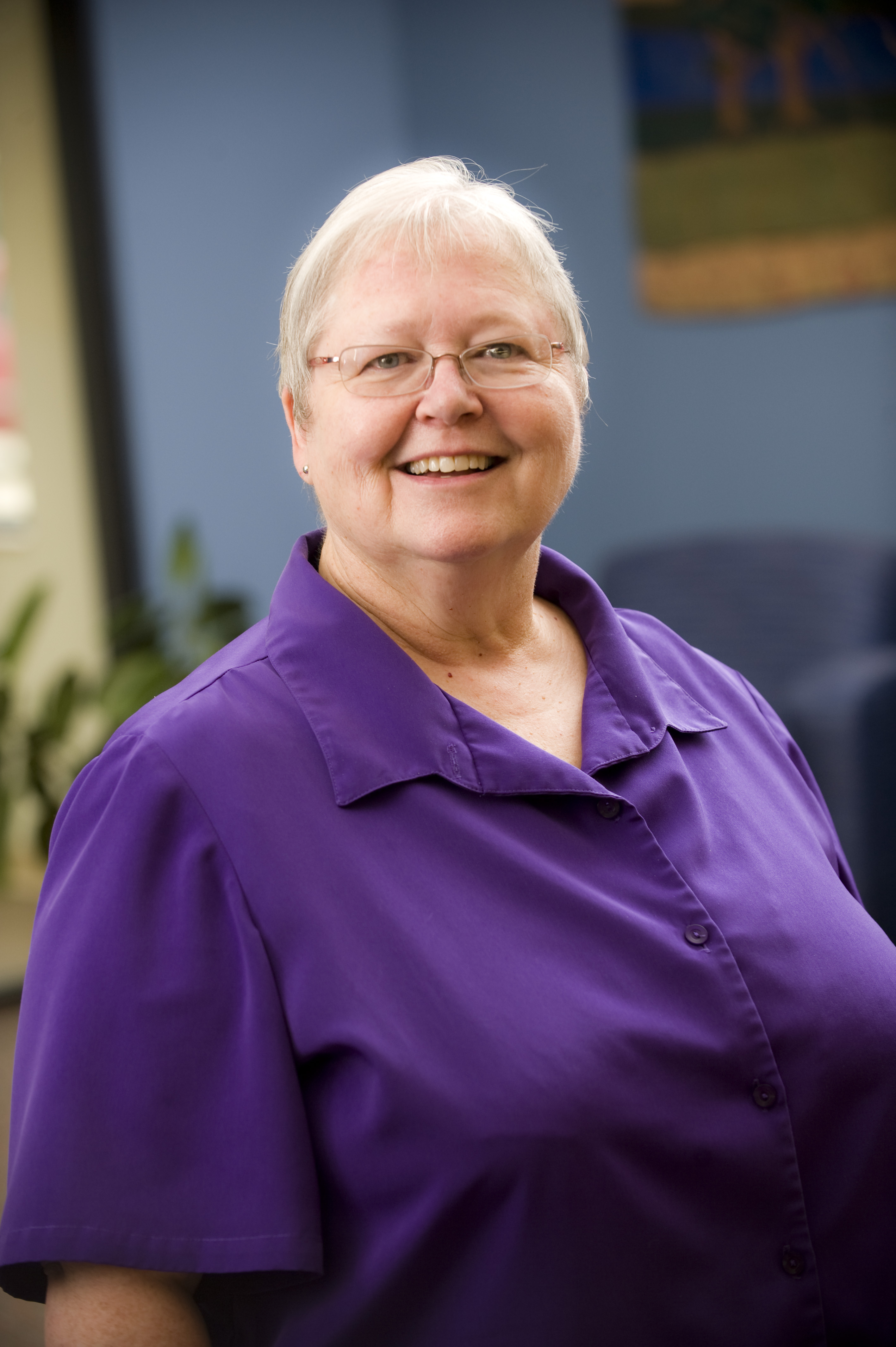by Gail Hamm, Program Director
The caregiver is the unsung hero in the medical journey. Caregivers provide hands-on care and encouragement. They may provide care as an act of love, from a sense of duty, or out of feelings of guilt. Whether caring for a loved one at home or in a nursing facility, the truth is that nothing is the same as it was before the illness.
Schedules revolve around the needs of the patient. Hard choices abound: Is my loved one safe alone while I am at work? While I run to the store? While I head to the mailbox? There are frustrations over added laundry, money worries, lack of help. Many find it extremely difficult to ask for help and therefore create even more challenges for themselves.
As the caregiver becomes more fatigued and frustrated, feelings of resentment may arise. Previous relationship problems only complicate matters. Will I care for this person who has caused me so much pain in the past? Am I not justified in walking away? Guilt feelings abound, sometimes paralyzing the caregiver into inaction.
Additional problems arise when the patient’s needs are greater than the caregiver’s ability to provide that care. If the caregiving lasts so long that there appears to be no end to the journey, the caregiver may become overwhelmed and feel ready to give up.
Conversely, caregiving can be a most rewarding experience. It is an act of love that can draw people closer together and deepen love and understanding.
No one has to “go it alone.” There is help available if both the patient and caregiver are willing to be open to other options. Call a Cancer Services advocate for assistance. Nothing is the same as it was before the illness, but it can be good.





